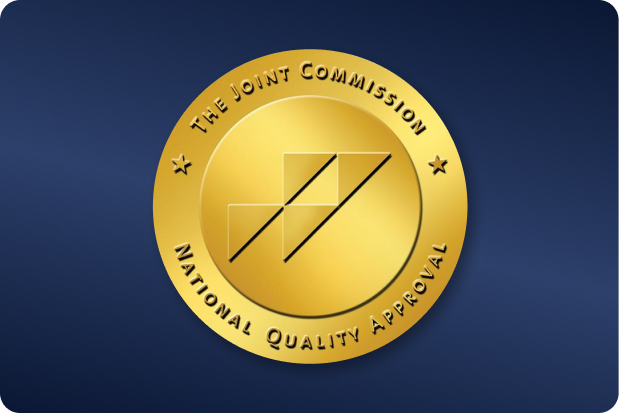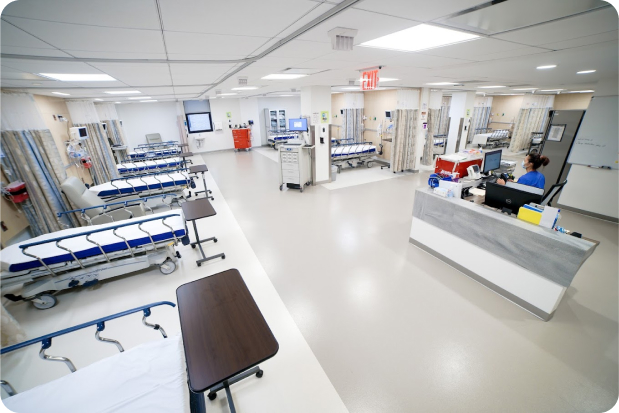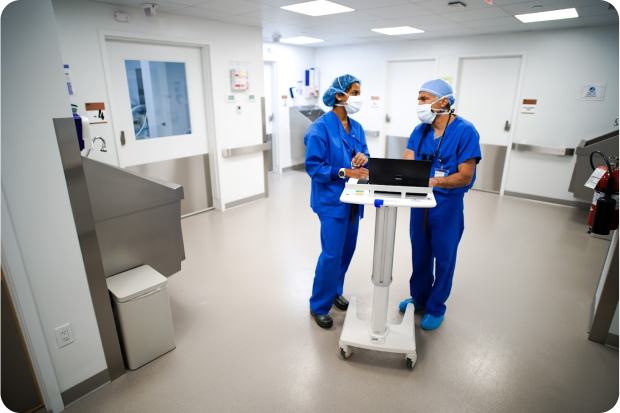 OUR LOCATIONS
Call to book 201.523.9590
OUR LOCATIONS
Call to book 201.523.9590
 OUR LOCATIONS
Call to book 201.523.9590
OUR LOCATIONS
Call to book 201.523.9590
Don’t let CRPS control your narrative. Let the top CRPS specialists in New Jersey guide you from relentless pain to relentless progress, starting now.
Living with Complex Regional Pain Syndrome (CRPS) can feel like an uphill battle, fraught with physical and emotional challenges. The path to managing your pain doesn’t have to be a solo journey.
At The Spine & Rehab Group, our CRPS specialists in New Jersey provide personalized care tailored to your condition.
Finding the right specialist is more than proximity; it’s about partnering with a team committed to your well-being.
Our clinic is renowned for its integrative approach and dedication to CRPS patients. We offer advanced treatment and compassionate care.
Complex Regional Pain Syndrome is characterized by intense and persistent arm or leg pain. CRPS typically develops after an injury, surgery, or an event that didn’t directly damage the nerves in your affected limb.
Our specialists are well-versed in CRPS and ready to provide understanding and treatment.
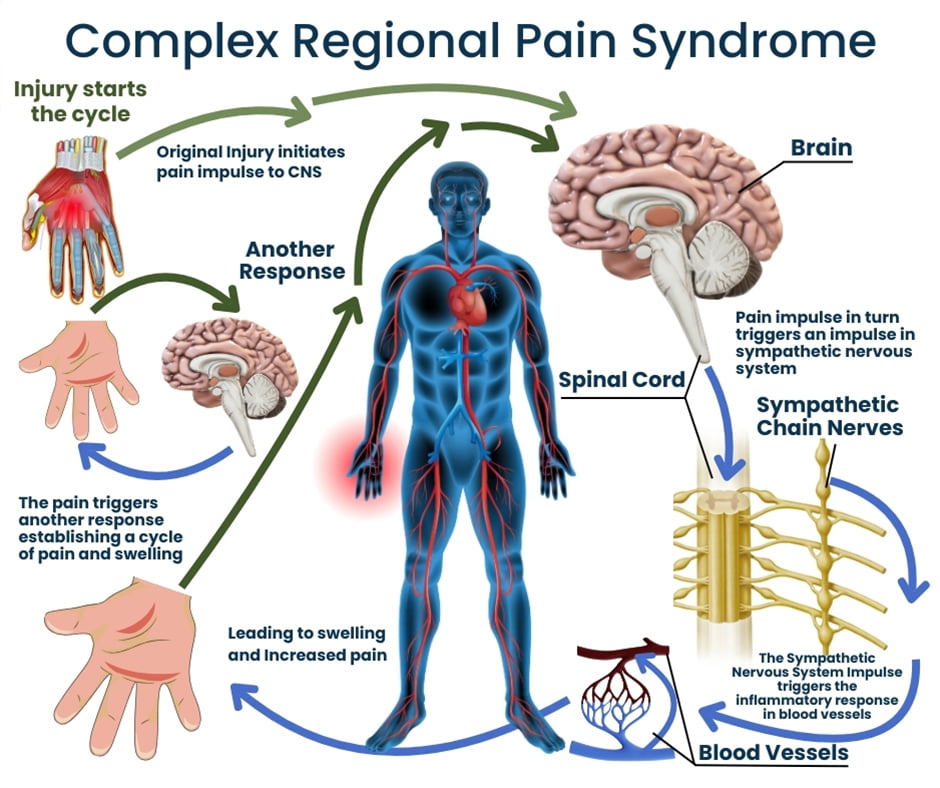
The pain of CRPS is often described as a burning or “pins and needles” sensation, leading to dramatic changes in skin color, temperature, and swelling in the affected area.
These symptoms can be debilitating, affecting your daily activities and overall quality of life. At The Spine & Rehab Group, we recognize the profound impact of CRPS and are dedicated to helping you navigate this condition with confidence and care.
To manage and calm down CRPS symptoms, a combination of treatments is recommended, including physical rehabilitation, pain relief medications, psychological support, and desensitization techniques to reduce limb sensitivity. Commitment to a personalized treatment plan is crucial for success.
There’s no guaranteed way to stop CRPS from spreading, but maintaining flexibility and preventing muscle tissue loss through exercise and movement of the affected limb is important.
Early treatment and management strategies are key to preventing potential spread and worsening of the condition.
CRPS is a neurological disorder that affects the nervous system and causes changes in the skin and muscles. It usually follows an injury or surgery and involves abnormal responses that magnify the effects of the initial injury.
Untreated CRPS can lead to severe complications like tissue wasting (atrophy), muscle tightening (contracture), cognitive issues, depression, anxiety, muscle loss in the affected body part, and potential spread to another body part. Early treatment is crucial to prevent these outcomes.
The healing time for CRPS can vary greatly. While most people experience a reduction in pain and symptoms within the first two years, others may continue to experience pain despite treatment. In some cases, CRPS can resolve spontaneously without treatment, but for many, pain can persist for months or even years.
CRPS is individual, so we don’t take a one-size-fits-all approach to treatment.
After assessing, our specialists will craft a personalized treatment plan for your symptoms and concerns. We aim to reduce your pain and improve function so you can return to the activities you love.
Our clinic uses advanced non-surgical therapies to combat CRPS.
These include nerve blocks, physical therapy, occupational therapy, and techniques like neuromodulation or spinal cord stimulation.
By using targeted treatments, we aim to desensitize the affected region, restore normal function, and alleviate the chronic pain of CRPS.
As your treatment progresses, our approach will evolve. We monitor your response to therapy, adapting our methods for optimal outcomes. We’re committed to providing lasting relief and helping you regain control.
Our team consists of board-certified, fellowship-trained pain management specialists who are leaders in their field and compassionate caregivers. With a deep understanding of CRPS, they bring unmatched expertise and empathy.
At The Spine & Rehab Group, you’re a valued member of our community, not just a patient. We prioritize your comfort and dignity throughout your treatment. Our specialists are here to listen, support, and walk with you through each CRPS challenge.
 Amr Hosny, MD, MBA, FASA
Amr Hosny, MD, MBA, FASA
 David Chu, MD, FAAPMR
David Chu, MD, FAAPMR
 Vivek Mehta, MD, FAAPMR
Vivek Mehta, MD, FAAPMR
 Deepali Gupta, MD, DABA, DABPM
Deepali Gupta, MD, DABA, DABPM


We provide resources to educate you about CRPS and empower you to make informed health decisions.
Our support groups and patient education programs connect you with others who understand, fostering a community of care and encouragement.
CRPS research and methods are continuously evolving. We stay updated on scientific developments to ensure you have access to advanced care.
By integrating new findings and technologies, we ensure our treatments remain at the forefront of pain management.
The Spine & Rehab Group is not just a clinic; it’s a place where healing begins. We promise exceptional care tailored to your needs, helping you face CRPS with confidence.
Our goal is to improve your quality of life, reduce your pain, and support you through your journey.
With The Spine & Rehab Group, a brighter future is within reach. We are devoted to helping you reclaim a life without the constant pain.
Our approach treats not just the physical symptoms of CRPS but nurtures your overall well-being, so you step back into your life with renewed strength and vitality.
We understand that CRPS can make simple tasks daunting.
Our treatment plans are designed to help you achieve more than pain relief; they are crafted to help you regain function, enhance mobility, and rediscover daily joy.
Your journey to managing CRPS pain begins with reaching out to our team.
Contact us to schedule a consultation and start the conversation about supporting your recovery.
When you choose The Spine & Rehab Group, you’re choosing a health partner.
Experience the difference a dedicated team of specialists can make in your CRPS treatment.
Let us show you care that goes above and beyond, treating and healing.
Join our community of patients, specialists, and advocates to provide support, share experiences, and inspire hope in battling CRPS. Together, we can face it with courage and resilience.
Complex Regional Pain Syndrome (CRPS) is challenging to diagnose due to the absence of a single definitive test. Neurologists, specialists in nervous system disorders, play a crucial role in diagnosing and managing CRPS, along with rheumatologists and pain specialists.
The diagnosis is largely clinical, based on the patient’s history, symptoms, and physical examination, and often involves ruling out other similar conditions.
No specific tests for CRPS exist, but diagnostic tools like bone scans, MRI, X-rays, and nerve conduction studies can provide clues, ruling out other conditions or detecting CRPS-related changes.
The Budapest Criteria, a list of common signs and symptoms, aids diagnosis during a physical examination. Signs include continuous worsening pain, extreme pain sensitivity, swelling, stiffness, skin changes, and alterations in nail and hair growth.
CRPS is a neuropathic pain disorder involving nerve damage or malfunction and characterized by pain, sensory, motor, and autonomic abnormalities. It has two subtypes: Type I (formerly reflex sympathetic dystrophy) and Type II (formerly causalgia), occurring after a distinct nerve injury.
Rheumatologists may be involved in the care of patients with CRPS, due to their expertise in managing conditions that cause similar symptoms, like autoimmune or inflammatory diseases.
Early diagnosis and intervention improve CRPS outcomes. An interdisciplinary team, including neurologists, rheumatologists, and other healthcare professionals, is essential for recovery and to limit disability.
Physiotherapists usually don’t diagnose Complex Regional Pain Syndrome (CRPS) because there are no specific tests for it. Diagnosis is based on medical history and symptoms. However, physiotherapists can play a crucial role in managing and treating CRPS.
Many people with CRPS can continue their jobs and daily activities with adjustments, especially for physically demanding work. The key to living a normal life with CRPS is early and effective treatment, including physiotherapy and psychological support.
A neurologist diagnoses CRPS clinically based on symptoms like burning pain, hypersensitivity, swelling, temperature changes, and sweating. There are no standard objective assessments, and it often involves ruling out other conditions.
There’s no single diagnostic test for CRPS. Diagnosis is based on medical history, symptoms, and a physical examination. Tests may rule out other conditions.
The content doesn’t specifically mention rheumatologists in the context of CRPS, but these specialists may be involved due to their expertise in musculoskeletal and autoimmune conditions. A multidisciplinary approach involving different healthcare professionals is recommended for CRPS care.
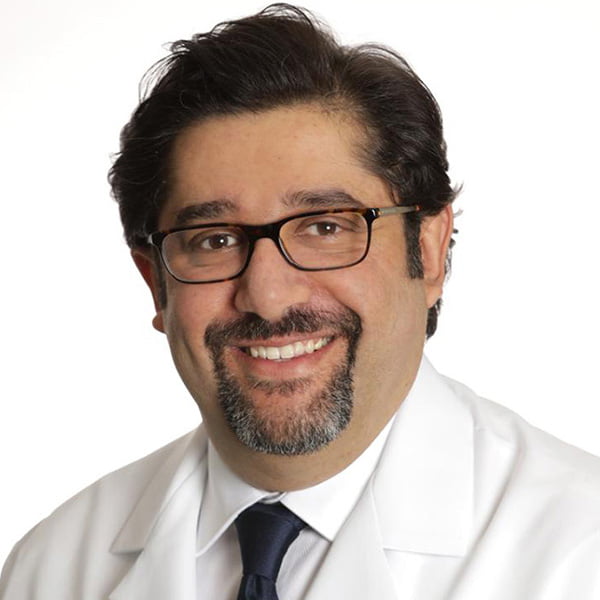
Dr. Hosny is a distinguished physician, educator, and healthcare leader with a commitment to advancing health equity and accessibility in the rapidly evolving landscape of modern healthcare. After completing his residency at St. Luke's Roosevelt Hospital Center, affiliated with Columbia University in New York City, he pursued an Interventional Spine Fellowship at Beth Israel Deaconess Medical Center, part of Harvard Medical School in Boston, MA.
Dr. Hosny has held prominent roles in academic medicine, including serving as an Associate Clinical Professor at New York Medical College and as the Interventional Spine Fellowship Program Director. These positions reflect his dedication to mentoring the next generation of healthcare professionals and advancing the field of interventional spine care.
More About Dr. HosnyThe Spine & Rehab Group
140 NJ-17,
Paramus, NJ 07652
(212) 242-8160
